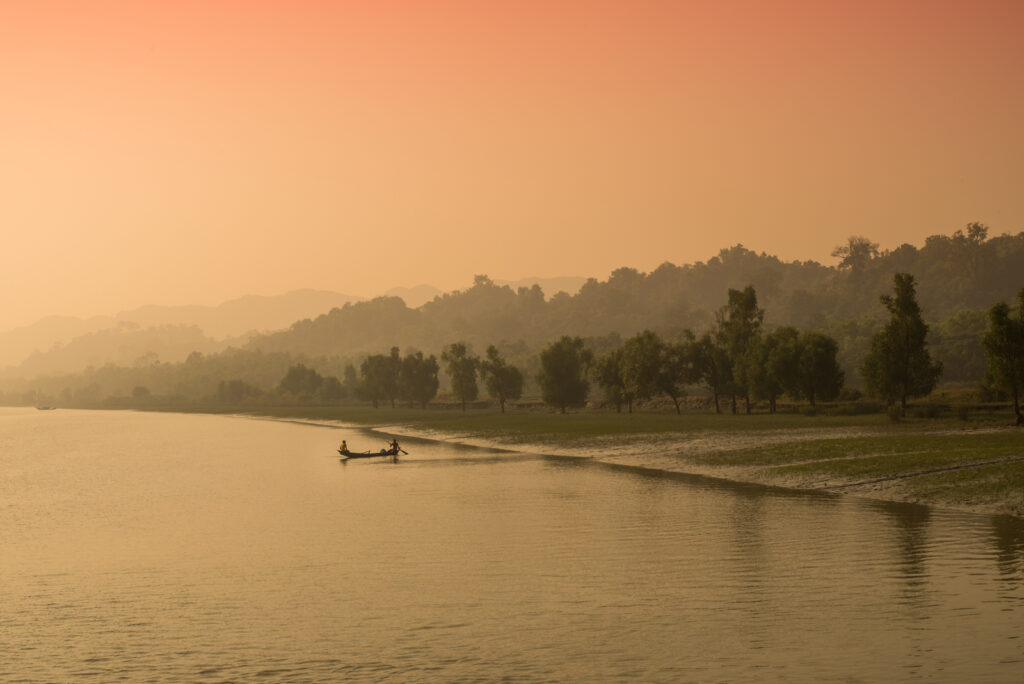In my early days of fishing, I never really thought about the significance of a fishing license. For those who don’t know, a license is just a permit allowing you to fish in specific waters. Interestingly, back in the 19th century, Americans fished freely without one. As our nation grew, so did our impact on fish populations and precious marine and freshwater resources.
The introduction of fishing licenses became a must. It’s a response to our expanding population and its environmental footprint.
The Importance of Fishing Regulations
So, why do you need a fishing license? Beyond the simple answer of avoiding hefty fines, fishing licenses play a key role in protecting our environment. These licenses fund projects that focus on maintaining fish habitats. This ensures that our lakes, rivers, and oceans thrive.
They also support boating access, allowing anglers like me to explore and appreciate the vast natural resources our country has to offer. Also, the revenue generated helps state agencies in monitoring water quality, ensuring that our fishing spots remain pristine and healthy.
These licenses guarantee public access to many fishing areas. This ensures that everyone has the opportunity to enjoy the serene beauty of our waters. Think of it this way: when you buy a fishing license, you’re investing in the future health and accessibility of our nation’s aquatic treasures.

Economic Impact
What many don’t understand is that fishing isn’t just a pastime; it’s a significant part of the economy. The funds collected from fishing license fees are reinvested into our communities. This supports various initiatives that benefit both anglers and the environment. So, when you buy fishing rods or other gear, you’re indirectly contributing to local businesses and manufacturers.
The money from fishing license sales doesn’t just sit idle. It’s channeled into stocking programs, ensuring our waters are teeming with fish. This makes the angling experience better for everyone.
Game wardens, often seen as the guardians of our waterways, are financed through these fees as well. Their role is crucial in ensuring that regulations are followed. As a result, the delicate balance of our aquatic ecosystems is preserved.
Every dollar spent in the fishing industry, whether on licenses or equipment, ripples through the economy. The result? Jobs, clean water projects, and sustainable fishing for the next generation are all supported.
The Role of Anglers
Anglers like you and I play an important role in conservation. When we’re actively fishing, we need to focus on more than just the thrill of the catch and be ambassadors of nature. Our commitment to improving fishing practices ensures that aquatic ecosystems thrive.
New anglers have the power to bring fresh enthusiasm and awareness to the community. This further emphasizes the importance of sustainable fishing.
Every time someone realizes they need a fishing license, they’re taking a step toward responsible angling. These licenses directly contribute to the health of fish populations – not to mention the preservation of their natural fish habitat. On top of all of this, the funds from each fishing license go into research, conservation projects, and educational programs.
So, as anglers, our role extends beyond the waters. We’re protectors, ensuring that the joy and beauty of fishing are preserved and passed down through future generations.

Case Study: The Menhaden Situation
One example that shows the importance of responsible fishing and conservation is the Menhaden situation. Menhaden, often referred to as the most vital fish in the sea, plays a crucial role in the marine food chain. These small fish are a primary food source for many popular game fish, ensuring a balanced ecosystem.
Unfortunately, the industrial fishing operation of Omega Protein posed a significant threat to Menhaden populations. Their aggressive harvesting practices in the Chesapeake Bay and Atlantic coastal communities raised alarms among both conservationists and anglers.
The situation highlighted the delicate balance of our marine ecosystems and the potential consequences of unchecked industrial fishing. Regulatory bodies stepped in, emphasizing the need for sustainable fishing practices and the preservation of Menhaden for the broader ecological value.
This case serves as a good reminder of the challenges our marine environments face and the collective responsibility we hold in ensuring their health and sustainability.
Sustainable Fishing Tips
Getting a license is just the first step in helping sustainable fishing efforts. You could also try out these sustainability practices:
Research before you go: Familiarize yourself with local regulations and seasonal guidelines. This ensures you’re fishing during appropriate times and targeting sustainable species.
Practice catch and release: If you’re fishing for fun, consider releasing your catch. This practice plays a role in maintaining fish habitat and population.
Use circle hooks: These hooks are designed to reduce injury to fish, making catch and release more effective.
Avoid sensitive areas: Stay away from spawning grounds or areas where fish are breeding. Disturbing these zones can impact future fish populations.
Limit your take: Even if regulations allow, limit your catch to what you’ll realistically consume. This ensures fish stocks remain healthy for others.
The Future of Fishing and Conservation
The future of fishing and conservation is closely linked with initiatives like the Wildlife and Sport Fish Restoration Program. This program, funded by anglers and boaters, invests in the health of our aquatic ecosystems.
As I reflect on my fishing adventures, I recognize the importance of preserving our natural resources. With increasing pressure from overfishing and habitat degradation, collaboration between anglers, conservationists, and state agencies is becoming more and more vital.
By supporting such programs and adopting sustainable practices, we ensure that the joys of fishing are available for generations to come, all while safeguarding our precious aquatic environments.
FAQs
Is a fishing license a legal requirement?
In America, yes; a fishing license is usually required by law. Most states force anglers to have one, ensuring that our fishing practices are sustainable. These licenses support conservation initiatives, helping to maintain fish habitat and populations. So, when you cast your line, you’re not just fishing, you’re contributing to the future of our marine and freshwater resources.
Which states allow fishing without a fishing license?
Although pretty much every state in America requires a fishing license, there are a few exceptions. Some states host “free fishing” days, allowing anyone to temporarily fish without a license. You may also be able to fish without a license in certain state parks. Additionally, certain groups, like children or seniors, might be exempt in some states.
To be on the safe side, always check specific state regulations before you head out with your fishing gear.
What are the consequences of fishing without a license?
Most states impose fines, and in some cases, your fishing gear might be confiscated. Immediate penalties aside, it negatively impacts conservation efforts funded by license fees. I believe in supporting these initiatives and ensuring good fishing for future generations.
What’s the difference between saltwater and freshwater licenses?
Saltwater and freshwater licenses cater to different fishing environments. Saltwater fishing licenses allow you to fish in marine environments, like oceans and bays, to target species like tuna or red drum. A freshwater license is for lakes, rivers, and streams, where you might catch trout or bass. Depending on where you plan to fish, ensure you have the right license.
Why is there a difference in fishing license fees for residents and non-residents in most states?
Most states offer reduced fishing license fees for residents as a benefit of residency. This supports local anglers and conservation initiatives within the particular state. Non-residents usually pay more, reflecting their occasional use of the state’s fishing resources.
